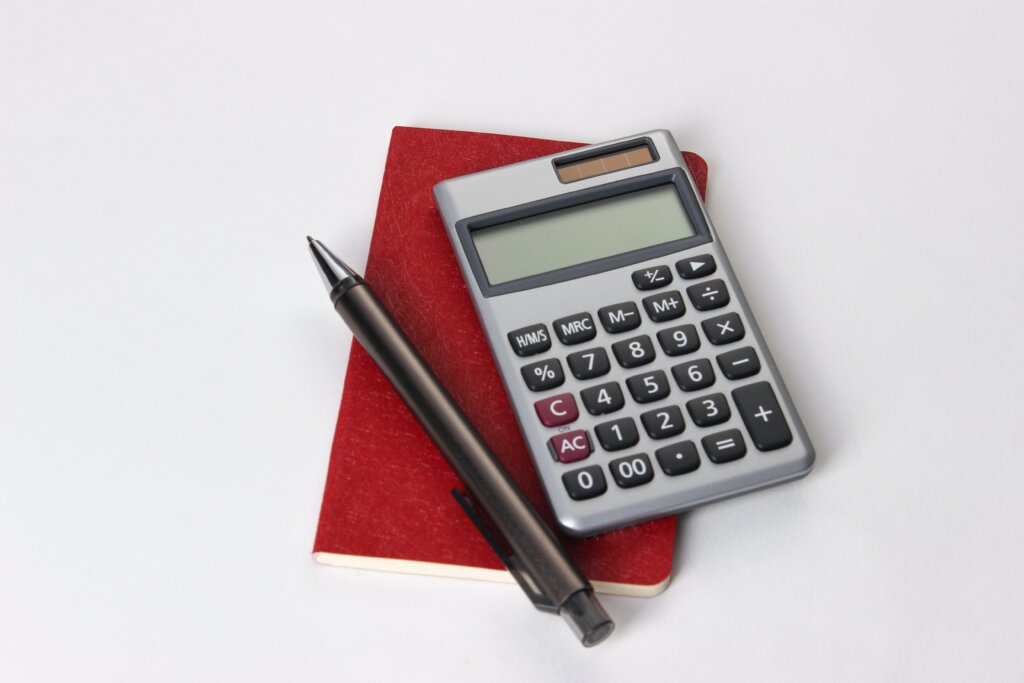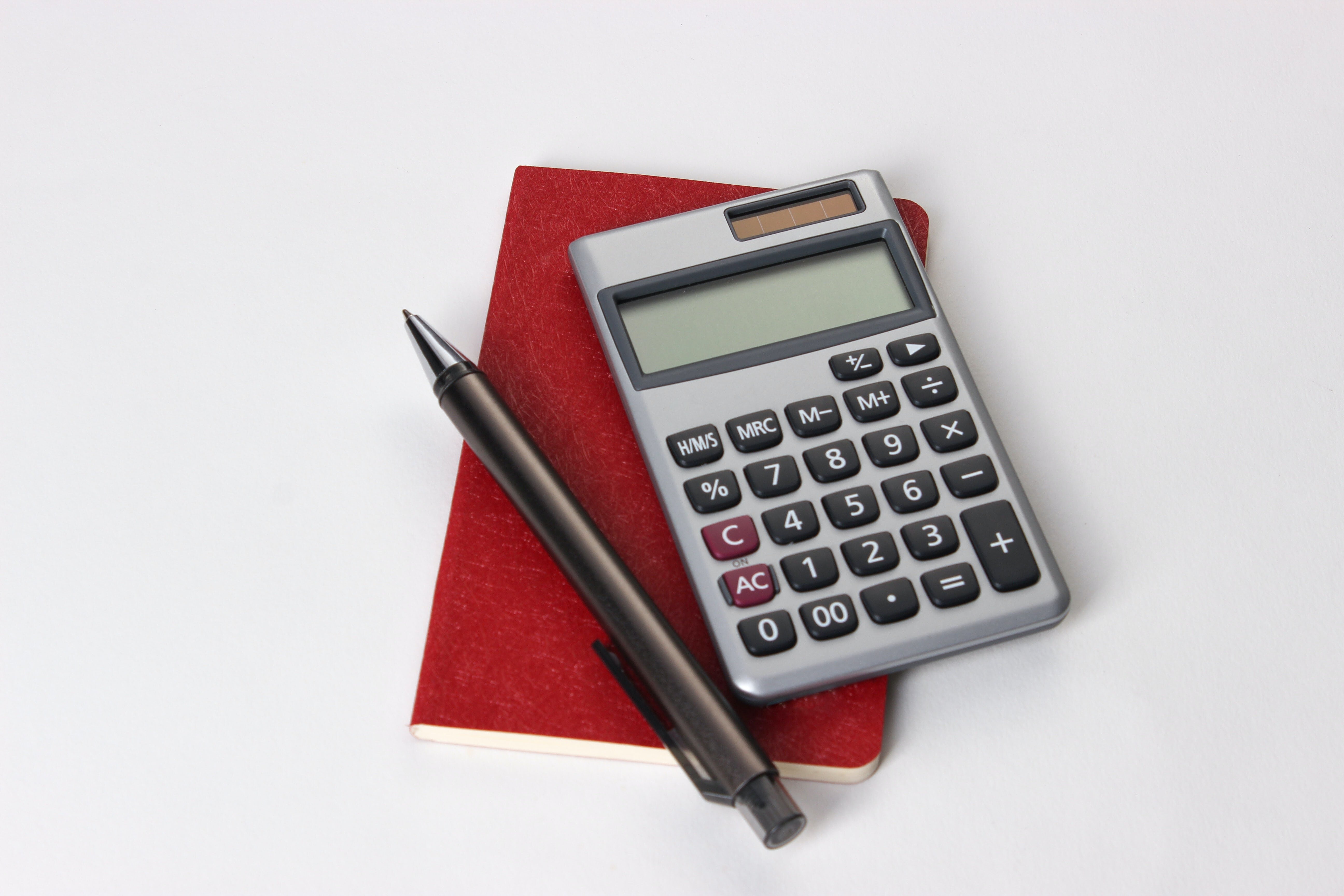
Selling a house can be expensive. When you decide to sell through a realtor, you can expect to part with up to 6% of the purchase price in commission. This can mean that if you sell your home for $200,000, $12,000 of that figure goes directly into your realtor’s pocket.
Sadly, the costs don’t end there. You often also have to pay lawyer fees, property taxes, homeowner’s insurance, any owing HOA fees, and sometimes mortgage interest. Your $200,000 house sale amount is dwindling before your very eyes.
However, buying a home can sometimes be just as expensive. If you’re unsure how much money to set aside for prorated taxes when buying a home, you can learn more about the expected costs below.
Understanding Prorated Taxes When Buying a Home: What You Need to Know
If you purchase a property on the open market, you might see prorations itemized as a debit on your closing statement and a credit on the home seller’s closing statement. In most situations, sellers have already covered many proration costs, like property taxes, throughout the year. As a result, the credit on their closing statement is to reimburse them for property-related expenses from the time they no longer own the property.
The most popular exception is when people sell their properties to professional buyers. In most cases, the buyer covers most property-related and sales costs to sweeten the deal for the seller upon settlement.
Property Tax
Property tax is one of the most common prorations buyers and sellers encounter when finalizing their sale and purchase agreements. Interestingly, how it’s structured can vary by the state since some states collect property taxes in advance and others in arrears. Some states even collect taxes at a particular time each year.
Regardless of the situation, the most crucial piece of information to know is whether a seller will be in arrears or advance when the sale is finalized. If taxes are prepaid and you’re purchasing the property, you’ll need to reimburse the seller for the period they paid for when they will no longer be the owners. If the property taxes are in arrears, the buyer can often receive a credit, and the seller has to reimburse the buyer for fees they will need to cover for a period they didn’t own the property.
Mortgage Interest
Mortgage interest describes interest charged on a loan. Unlike many property-related costs, mortgage interest is paid in arrears. This means that when you make a mortgage payment in a new month, you’re typically paying the interest component for the month before.
This can be vital information to know if you’re buying a home because your settlement date can impact how much you need to pay in mortgage interest. Most banks want to accumulate one month of interest before the first mortgage payment is made, which means that if you close on June 15, your first mortgage payment will be made on August 1. You’ll be charged 15 days of interest as a borrower on your closing statement from June 15 to June 30.
However, that doesn’t help you determine how much extra you’ll need to pay, which can be crucial when you’re on a tight budget post-settlement. Divide your annual interest amount by 12 months of the year to identify how much you’ll pay in interest per month. You can then divide that figure by 30, which is how many days there are in June, to learn how much interest you pay daily. Multiply the daily interest figure by how many days are left in the month to learn the interest proration amount you’ll need to pay.
Homeowner Association Fees
If homeowner association fees are a cost associated with the purpose of your property, you will need to factor this proration into your settlement costs. How much you pay can depend on the time of year and whether the fees have been paid.
Typically, the seller will pay the fees for the entire period and receive a credit for the portion they don’t benefit from – which is when the new buyer takes over. The new buyer will then be required to pay for the remaining amount from the time they officially become the new owners.
Most often, HOA fees are paid monthly, which means you’ll need to divide the monthly fee by the number of days in the month and multiply that figure by how many days of that month remain post-settlement.
Utilities
While uncommon for utilities to form part of the proration costs, it can happen when particular utilities apply to select municipalities. Normally, utilities will roll over to the tax assessment and are simply deducted for prorations from the tax bill. This often happens during property foreclosures and in short sales when property owners haven’t kept up with utility bills.
Rent
If you’ve purchased an investment property with tenants in place, expect there to be prorations for rental payments. Most tenants make rent payments in advance, which means buyers can receive a credit for the portion of the rent that was paid to the old owner when the property officially doesn’t belong to them anymore. In most situations, the security deposits held by the seller are also transferred to the buyer as credit.
Can I Save Money on Proration?
Buying and selling property is a significant undertaking with a considerable amount of money changing hands. If you’re a seller, you might be wondering if there’s a way you can save money on closing costs. Fortunately, there is!
When you sell to professional property purchasers, they will often happily take care of closing costs for you. There’s simply no comparison when you compare their fees to traditional sales methods. Moreover, when you can close on a sale in as little as seven days, you can often avoid paying even more in utilities, insurance, tax, and mortgage payments.
Avoid Proration Expenses When You Sell Your Home
If you’re thinking about selling your home, but the number of associated costs is stopping you from taking that next step, enjoy knowing you have options. Contact OAK Street Properties today to learn more about receiving a cash offer for your property, with the closing costs taken care of for you.

